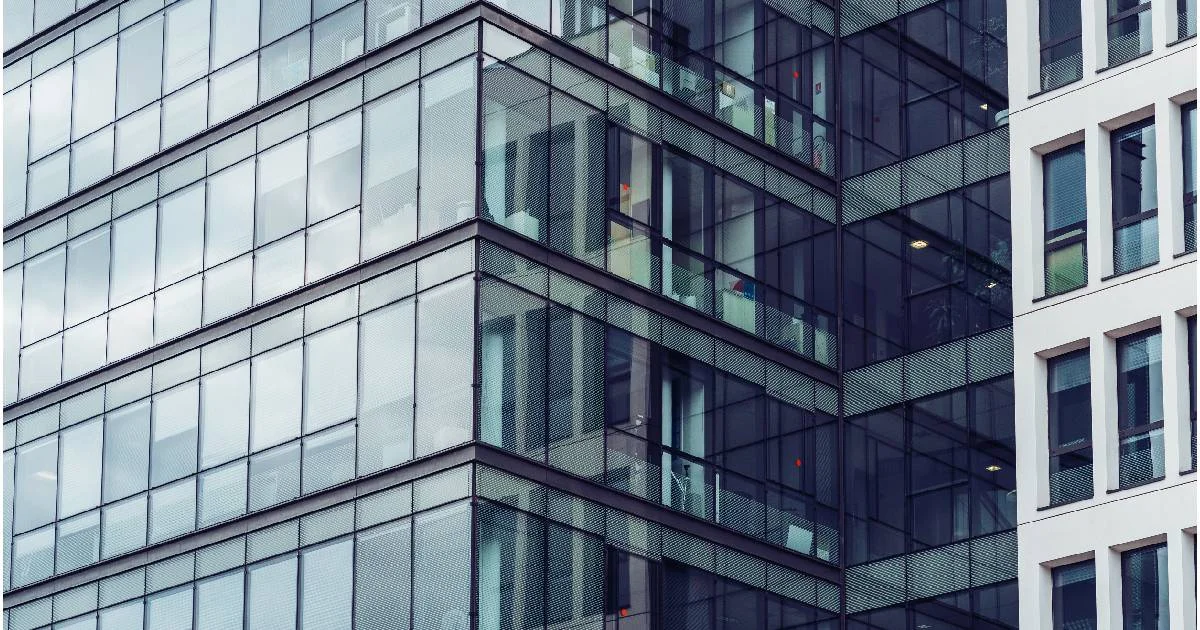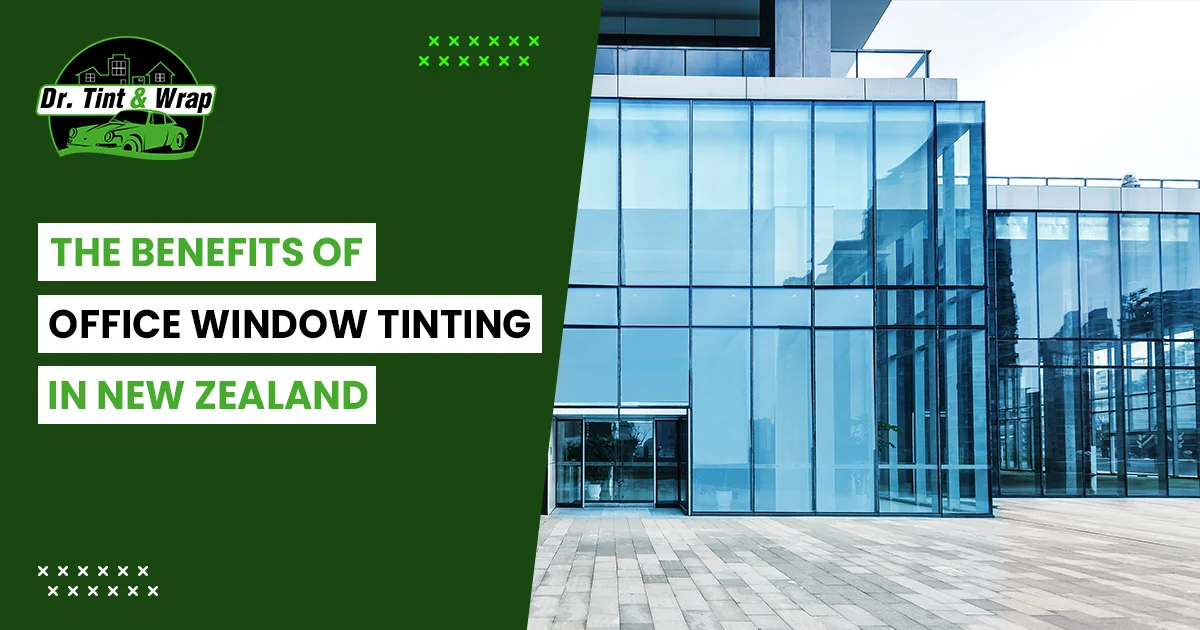
Why Paint Protection Film is the Best Car Paint Protection
14 Mar 2024, By AdminOwning a car is a significant investment, and maintaining its pristine condition is a priority for many car enthusiasts. With various options available for car paint protection, choosing the right one can be challenging. Among these options, Paint Protection Film (PPF) stands out as the best choice. Here’s why Paint Protection Film is the ultimate solution for car paint protection.
- 1.Superior Protection Against Physical Damage
Paint Protection Film offers unmatched protection against physical damage. It acts as a robust shield against minor abrasions, stone chips, scratches, and other debris that can cause unsightly damage to your car’s paintwork. The film’s durable and flexible nature ensures that the underlying paint remains untouched, preserving the car’s appearance and value. - 2.UV Protection
Prolonged exposure to ultraviolet (UV) rays can cause your car’s paint to fade and oxidize over time. Paint Protection Film provides an effective barrier against harmful UV rays, preserving the vibrant color and glossy finish of your vehicle. This UV resistance ensures that your car looks newer for longer, even when exposed to harsh sunlight. - 3.Chemical Resistance
Paint Protection Film is designed to resist a wide range of chemicals that can harm your car’s paint. From bird droppings and bug splatter to acid rain and tree sap, PPF prevents these substances from coming into direct contact with the paint, reducing the risk of staining and etching. This chemical resistance makes it easier to clean your car and maintain its flawless appearance. - 4.Preservation of Original Paint
Unlike traditional paint protection methods that involve applying additional layers of paint or coatings, the Paint Protection Film preserves the original paint of your car. This is particularly important for vintage or high-end vehicles where maintaining the factory paintwork is crucial for their value. PPF ensures that the original paint remains untouched and in mint condition. - 5.Clear and Invisible Protection
One of the biggest advantages of Paint Protection Film is its clarity. When applied correctly, PPF is virtually invisible, allowing the original color and finish of your car to shine through without any distortion. This means you can enjoy the benefits of superior protection without compromising on the aesthetic appeal of your vehicle. - 6.Long-Lasting Durability
Paint Protection Film is designed to last for several years, offering long-term protection for your car. High-quality PPF can endure the rigors of daily driving, harsh weather conditions, and regular washing without deteriorating. This longevity means fewer reapplications and lower maintenance costs over the lifetime of your vehicle. - 7.Ease of Maintenance
Maintaining a car with Paint Protection Film is straightforward. The film’s smooth surface repels dirt, dust, and grime, making it easier to clean. Regular washing and occasional waxing are usually enough to keep the film and the underlying paint in excellent condition. This ease of maintenance saves time and effort, allowing you to enjoy your car more and worry less about its upkeep. - 8.Customizable and Versatile Application
Paint Protection Film can be applied to various parts of your vehicle, from the hood and fenders to the mirrors and bumpers. It can be customized to cover specific areas prone to damage or applied to the entire vehicle for comprehensive protection. This versatility ensures that you can tailor the level of protection to suit your needs and preferences. - 9.Enhanced Resale Value
Finally, using Paint Protection Film can enhance the resale value of your car. A well-maintained exterior free from chips, scratches, and stains is more attractive to potential buyers. The presence of PPF indicates that you have taken diligent care of your vehicle, which can justify a higher asking price and facilitate a quicker sale.
Conclusion
In summary, Paint Protection Film offers an array of benefits that make it the best choice for car paint protection. Its superior defense against physical and chemical damage, self-healing properties, UV protection, and long-lasting durability ensure that your car remains in pristine condition. With its clear and invisible application, ease of maintenance, and customizable coverage, PPF stands out as the ultimate solution for preserving the beauty and value of your vehicle. Investing in Paint Protection Film is a smart decision for any car owner who wants to keep their car looking new for years to come.
Book Now

Pros and Cons of Car Wrapping: Is it Worth the Investment?
14 Mar 2024, By AdminIn recent years, car wrapping has become a popular trend among automobile enthusiasts and businesses alike. Whether you want to give your vehicle a fresh, unique look or use it as a marketing tool for your company, car wrapping offers a creative and eye-catching solution. However, like any automotive modification, car wrapping comes with its own set of pros and cons. In this blog, we'll explore the advantages and disadvantages of car wrapping to help you determine if it's worth the investment.
What Are Pros of Car Wrapping
- Aesthetic Appeal: Car wrapping allows you to change the appearance of your vehicle dramatically. With an extensive range of colors, finishes, and textures available, you can achieve a personalized look that suits your style or branding needs.
- Protection: Wrapping your car provides a layer of protection for the original paint. It shields the vehicle from minor scratches, chips, and UV rays. This added layer can help maintain the resale value of your car.
- Temporary Customization: Unlike a paint job, car wrapping is reversible. If you decide you no longer like the design or want to return your car to its original state, you can remove the wrap without any damage to the underlying paint.
- Advertising and Branding: Businesses can use car wrapping as a cost-effective and mobile advertising strategy. Wrapping a company vehicle with a logo, contact information, and eye-catching graphics can increase brand visibility and recognition.
- Versatility: Car wrapping can be applied to various types of vehicles, from compact cars to trucks, and even boats. This makes it a versatile option for both personal and commercial use.
- Fast Turnaround: The process of wrapping a car is generally quicker than a full paint job. This means less downtime for your vehicle, making it an attractive option for those who rely on their cars for daily transportation.
What Are Cons of Car Wrapping
- Cost: While car wrapping is more affordable than a custom paint job, it can still be a significant investment. The price varies depending on the size of your vehicle, the type of material used, and the complexity of the design.
- Durability: Car wraps are not as durable as paint. They can be damaged by rock chips, bird droppings, or harsh weather conditions. In addition, the lifespan of a wrap typically ranges from 3 to 5 years, after which it may begin to show signs of wear and tear.
- Installation Quality: The quality of a car wrap largely depends on the skill of the installer. A poor installation job can result in wrinkles, bubbles, or peeling, which can be unsightly and require costly corrections.
- Limited Repair Options: When a section of your wrap is damaged, repairing it can be challenging, especially if the color or design is no longer available. This might require redoing the entire wrap.
- Resale Value Concerns: While car wrapping can protect your vehicle's paint, some potential buyers may view it as a drawback, as they may be uncertain about the condition of the underlying paint. This could affect the resale value.
- Maintenance: Maintaining a car wrap requires specific care, such as hand washing and avoiding high-pressure car washes. Failure to do so could lead to premature deterioration of the wrap.
In conclusion, car wrapping offers an array of benefits, from aesthetics to advertising opportunities. However, it's essential to weigh these advantages against the potential drawbacks. Car wrapping can be a worthy investment for those looking for a temporary customization option or a unique way to promote their business. Still, it's crucial to choose a reputable installer and carefully consider the long-term implications, including maintenance and resale value concerns. If the pros align with your needs and budget, car wrapping can be an exciting and rewarding choice to transform your vehicle into a work of art or a moving billboard.

Choosing the Right Window Tint for Your Office: A Comprehensive Guide
14 Mar 2024, By AdminOffice window tinting is a valuable investment that can enhance the aesthetics, comfort, and energy efficiency of your workspace. Whether you're looking to reduce glare, improve privacy, or enhance the overall appearance of your office, choosing the right window tint is crucial. In this comprehensive guide, we'll explore the key factors to consider when selecting office window tinting to ensure you make an informed decision that aligns with your business needs.
Purpose of Window Tinting
Before diving into the world of window tint options, it's essential to identify the specific purposes for which you want to apply tint to your office windows. Common objectives include: Glare Reduction: Tints can minimize glare from the sun, creating a more comfortable working environment by reducing eye strain and distractions. Privacy Enhancement: Certain tints provide one-way visibility, allowing those inside the office to see out while preventing outsiders from peering in. Energy Efficiency: Window films can help regulate the temperature within your office, reducing the need for excessive air conditioning and heating. UV Protection: Tints can block harmful UV rays, protecting furniture, flooring, and equipment from fading and damage.
Types of Window Tint
Solar Control Films: These tints are designed to reduce heat and glare from the sun, promoting a more comfortable and energy-efficient workspace. Privacy Films: Ideal for meeting rooms or areas requiring confidentiality, privacy films can obstruct the view from the outside while maintaining visibility from within. Decorative Films: If aesthetics are a priority, decorative films come in various patterns and designs to enhance the visual appeal of your office. Safety and Security Films: These films add an extra layer of protection by holding shattered glass together, improving safety in the event of breakage.
Why should I consider office window tinting?
Office window tinting offers several benefits, including improved energy efficiency, reduced glare, enhanced privacy, and protection against harmful UV rays. Tinted windows can create a more comfortable and productive work environment for employees.
What factors should I consider when choosing the right window tint for my office?
Several factors should influence your decision, such as the type of film, level of tint, local regulations, and your specific needs. Consider factors like the amount of natural light you want, the level of privacy required, and the aesthetic appeal of the tint.
What types of window tint films are suitable for office use?
A: There are various types of window tint films designed for different purposes. Some common types include solar control films, privacy films, decorative films, and safety/security films. Solar control films are popular for reducing heat and glare, while privacy films can enhance confidentiality within the office.
How does office window tinting contribute to energy efficiency?
Window tinting can significantly improve energy efficiency by reducing the heat entering the office space. Solar control films, in particular, can block a considerable amount of heat, helping to maintain a comfortable temperature and reducing the need for excessive air conditioning.
Are there any legal considerations when it comes to office window tinting?
Yes, local regulations may govern the permissible level of tint for commercial buildings. It's crucial to check with local authorities to ensure compliance with tinting laws. Non-compliance could result in fines or the need to remove the tint.
Can window tinting protect against UV rays?
Yes, many window tint films are designed to block a significant percentage of harmful UV rays. This not only protects employees from potential health issues but also helps prevent furniture and interior elements from fading due to prolonged exposure to sunlight.
How do I choose the right level of tint for my office windows?
The level of tint you choose depends on your specific needs. If glare reduction and heat rejection are top priorities, a darker tint with a higher Solar Heat Gain Coefficient (SHGC) may be suitable. If maintaining a more open and bright environment is crucial, a lighter tint with lower SHGC may be preferred.
Can office window tinting enhance security?
Yes, certain types of window tint films, such as safety/security films, are designed to reinforce glass, making it more resistant to breakage. This can enhance the security of your office space by providing an additional layer of protection against forced entry or accidents.
How do I maintain and clean tinted windows in my office?
Cleaning tinted windows requires gentle care to avoid damaging the film. Use a mild soapy solution and a soft cloth or sponge for cleaning. Avoid abrasive materials or harsh chemicals, as these can scratch or damage the tint.
What is the expected lifespan of office window tinting?
The lifespan of window tinting can vary depending on factors such as the quality of the film, installation, and environmental conditions. High-quality films, when professionally installed, can last for many years. It's essential to follow the manufacturer's recommendations for maintenance and care to extend the lifespan of the tint. Choosing the right window tint for your office involves considering various factors to ensure it meets your specific requirements. Whether it's improving energy efficiency, enhancing privacy, or adding a decorative touch, the right office window tint can contribute to a more comfortable and productive workspace.

The Benefits of Office Window Tinting in New Zealand
14 Mar 2024, By AdminWhen it comes to enhancing the comfort and functionality of your home, window tinting is a solution that often goes unnoticed. In New Zealand, where climate variations are common, the benefits of home window tinting extend far beyond aesthetic appeal. In this article, we'll explore how home window tinting can significantly reduce your energy bills and lead to long-term cost savings, making it a smart investment for homeowners across the country.
Understanding the Energy Efficiency of Window Tinting
New Zealand experiences a range of weather conditions throughout the year, from scorching summers to chilly winters. During these extremes, the energy used to regulate indoor temperatures can skyrocket. This is where window tinting comes into play.
1. Heat Reduction: One of the primary benefits of window tinting is its ability to reduce heat gain. Tinted windows block a significant portion of the sun's heat and harmful UV rays from entering your home. As a result, your indoor spaces remain cooler during hot summer months, reducing the need for air conditioning.
2. Insulation: Window tinting also provides insulation benefits, helping to maintain a consistent indoor temperature. In winter, it helps to keep warmth inside, reducing the need for excessive heating.
Cost Savings Through Window Tinting
Now, let's delve into how these energy-efficient qualities translate into tangible cost savings for homeowners in New Zealand.
1. Lower Energy Bills: By reducing heat gain during the summer and heat loss during the winter, window tinting significantly reduces your reliance on heating and cooling systems. As a result, you'll see a noticeable drop in your energy bills year-round.
2. Extended Appliance Lifespan: Reduced reliance on air conditioners and heaters not only saves you money on electricity but also extends the lifespan of these appliances. They don't have to work as hard, which means fewer repairs and replacements.
3. Furniture and Flooring Preservation: Window tinting also blocks harmful UV rays that can cause fading and damage to your furniture, flooring, and décor. This means you won't have to spend as much on replacing or refurbishing these items.
4. Enhanced Home Value: A home with energy-efficient features like window tinting can command a higher resale value in the New
Zealand real estate market. Potential buyers are often willing to pay more for a home with reduced energy costs.
In New Zealand, where energy efficiency and sustainability are becoming increasingly important, home window tinting stands out as a practical investment for homeowners. By reducing energy bills, extending the lifespan of appliances, preserving your interior, and enhancing your home's value, window tinting offers numerous long-term cost-saving benefits.
So, if you're looking to make your New Zealand home more energy-efficient and cost-effective, consider investing in professional window tinting services. Not only will you enjoy a more comfortable living space, but you'll also contribute to a greener and more sustainable future while saving money in the process.
